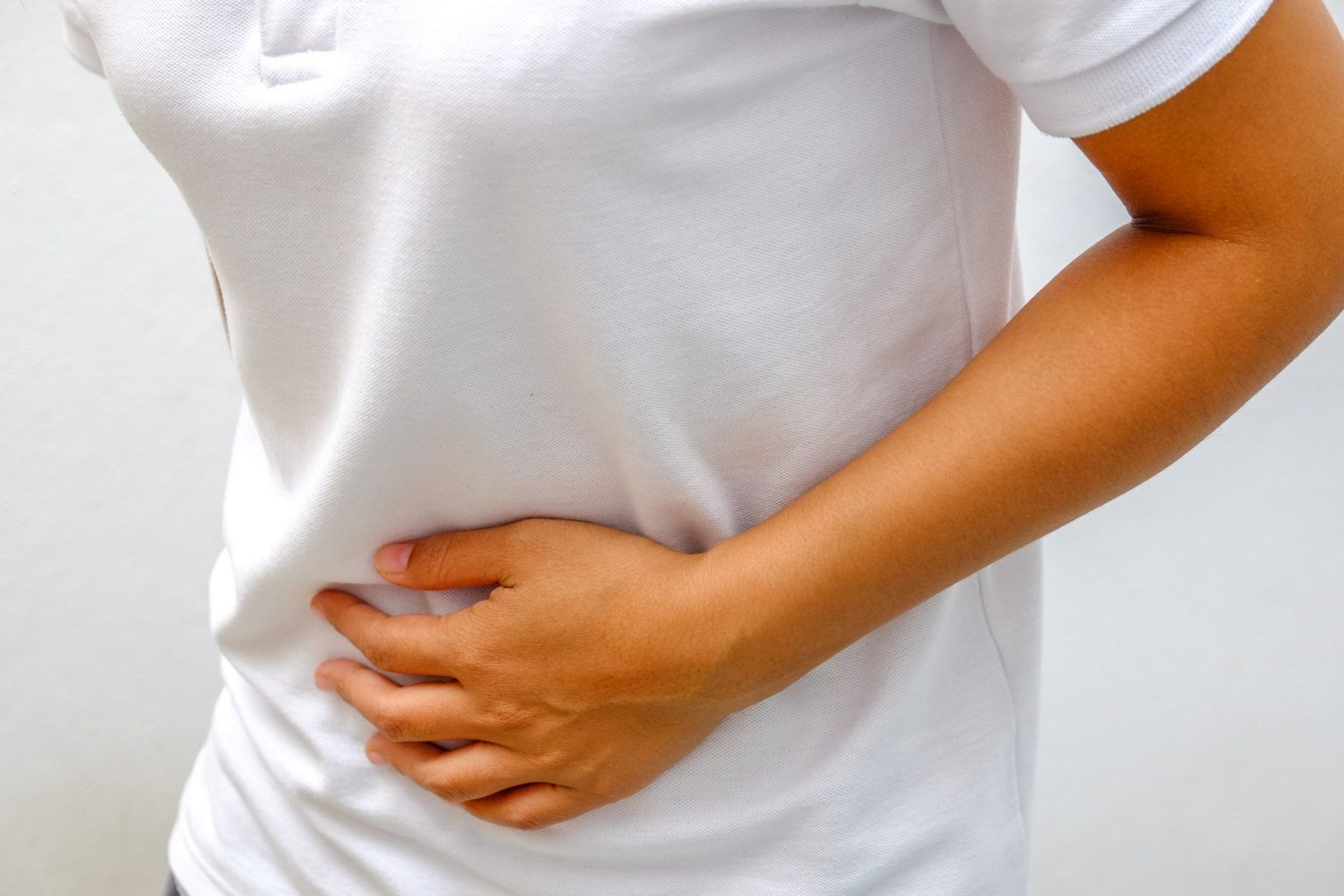Understanding Fecal Incontinence: Causes, Symptoms, and Treatment

Causes of Fecal Incontinence
Fecal incontinence can be caused by a variety of factors, including:
Damage to the Sphincter Muscles
The sphincter muscles are the muscles around the anus that control bowel movements. Damage to these muscles can occur during childbirth, surgery, or radiation therapy for cancer. This can weaken the muscles, making it difficult to hold in stool.
Nerve Damage
The nerves that control bowel movements can be damaged due to conditions such as multiple sclerosis, diabetes, or spinal cord injuries. This can result in loss of sensation in the rectum and anus, making it difficult to feel the urge to have a bowel movement.
Chronic Constipation
Chronic constipation can lead to fecal impaction, which can stretch the rectum and weaken the sphincter muscles. This can cause leakage of stool.
Symptoms of Fecal Incontinence
The symptoms of fecal incontinence can vary depending on the severity of the condition. Some common symptoms include:
Leakage of Stool
This is the most common symptom of fecal incontinence. It can range from occasional leakage of small amounts of stool to complete loss of bowel control.
Urgency
People with fecal incontinence may feel a sudden urge to have a bowel movement and may not be able to hold it in.
Bloating and Gas
Bloating and gas can occur due to the inability to pass gas or stool normally.
Treatment of Fecal Incontinence
The treatment of fecal incontinence depends on the underlying cause of the condition. Some common treatments include:
Medications
Medications such as anti-diarrheal drugs and laxatives can help manage symptoms of fecal incontinence.
Bowel Training
Bowel training involves training the muscles that control bowel movements to improve their function. This can involve establishing a regular bathroom routine and doing exercises to strengthen the sphincter muscles.
Surgery
In severe cases, surgery may be necessary to repair or replace the sphincter muscles or to remove impacted stool.
Pros and Cons of Treatment Options
Each treatment option for fecal incontinence has its own pros and cons. Some of these include:
| Treatment Option | Pros | Cons |
|---|---|---|
| Medications | Effective at managing symptoms | May cause side effects such as constipation or diarrhea |
| Bowel Training | Non-invasive and can be done at home | May take longer to see results |
| Surgery | Can be effective in severe cases | Requires recovery time and may have risks or complications |
FAQs
Q: Is fecal incontinence a normal part of aging?
A: No, fecal incontinence is not a normal part of aging. While it's more common in older adults, it can happen at any age.
Q: Can fecal incontinence be cured?
A: Fecal incontinence can often be managed with treatment, but it may not be cured completely.
Q: Will I need to wear diapers if I have fecal incontinence?
A: Not necessarily. There are many treatment options available that can help manage symptoms of fecal incontinence.
Q: Can I still have a normal sex life with fecal incontinence?
A: Yes, it's possible to have a normal sex life with fecal incontinence. Talk to your doctor about any concerns you may have.
Conclusion
Fecal incontinence can be a difficult and embarrassing condition, but it's important to know that there are treatment options available. If you're experiencing symptoms of fecal incontinence, talk to your doctor about the best course of action for you.
